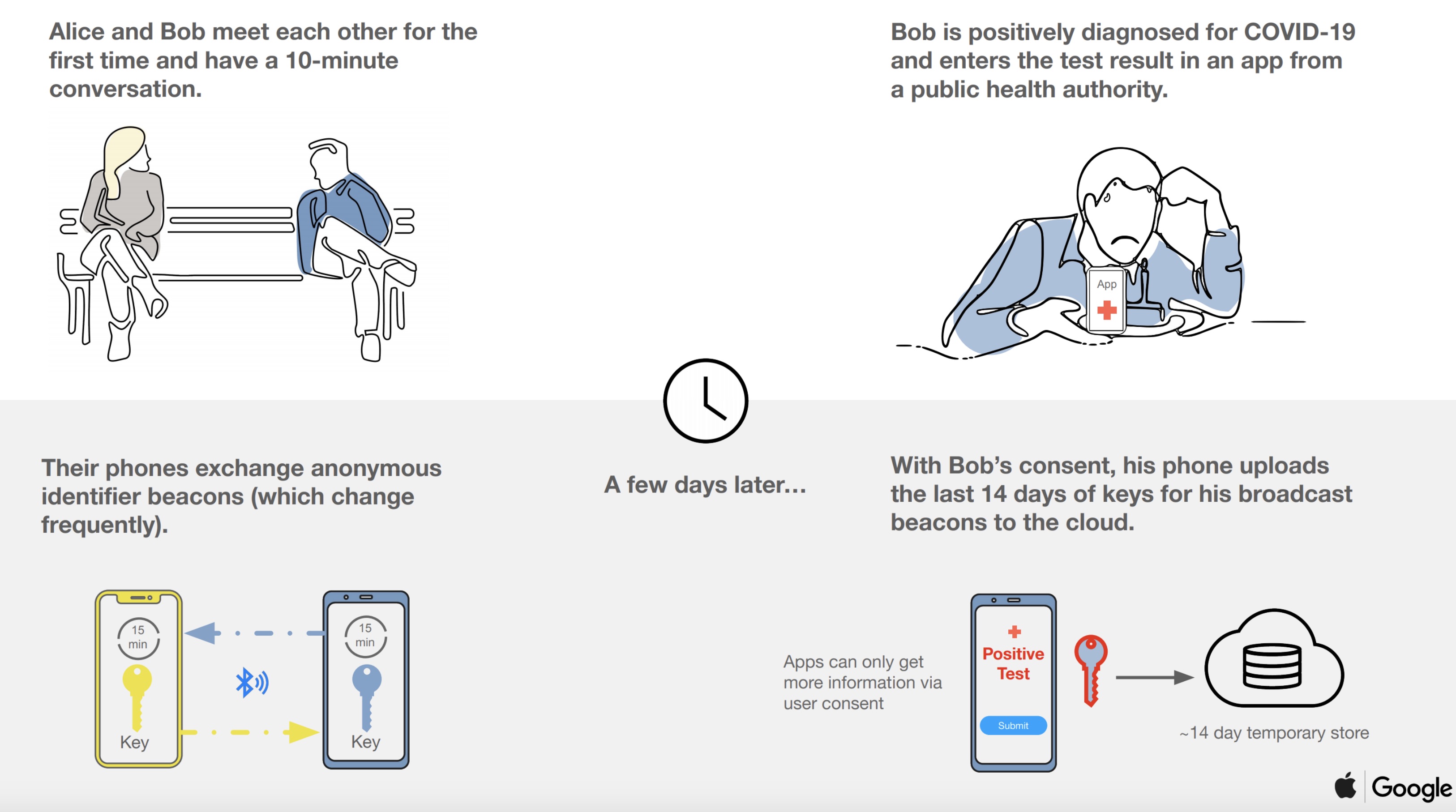
Germany said on Sunday it will use Apple and Google's decentralized contact tracing API, reversing course on its original intention to use its own solution to track the spread of coronavirus.

Last week, the German government said it would use its own home-grown technology for smartphone-based tracing of infections, based on a design that would hold personal data on a central server.
According to Reuters, however, Apple refused to support Germany's original solution, which came in for heavy criticism from scientists, not just for its mass surveillance style but because of issues with the system's methodology.
Apple and Google on Friday disclosed a series of changes to their upcoming COVID-19 contact tracing initiative, with a focus on even stronger privacy protections and accuracy.Germany as recently as Friday backed a centralised standard called Pan-European Privacy-Preserving Proximity Tracing (PEPP-PT), which would have needed Apple in particular to change the settings on its iPhones.
When Apple refused to budge there was no alternative but to change course, said a senior government source.
In their joint statement, Chancellery Minister Helge Braun and Health Minister Jens Spahn said Germany would now adopt a "strongly decentralised" approach.
Apple and Google are now referring to "contact tracing" as "exposure notification," a secure system that is intended to notify a person of potential exposure, augmenting broader contact tracing efforts that public health authorities are undertaking.
Other countries that have been at odds with Apple and Google's initiative include France and the United Kingdom, both of which intend to use government-designed apps for contact tracing.
France has gone so far as to ask Apple to remove a Bluetooth limitation in iOS so that its app can work on iPhones, but the limitation is an intentional security feature and Apple is unlikely to compromise its software, especially as it is developing its own solution.
Apple and Google are targeting this week for the release of the seed version of iOS and Android operating system updates, which will support these APIs to enable testing by public health authority developers. The software update will support iOS devices released in the last four years, dating back to the iPhone 6s and iPhone 6s Plus.
Apple and Google revealed plans for its exposure notification initiative on April 10. The joint effort will use Bluetooth to alert users when they have potentially come in close contact with someone who later tests positive for COVID-19, on an opt-in basis.
Article Link: Germany Now Favors Apple-Google Contact Tracing API Over Home-Grown Solution
Last edited:

